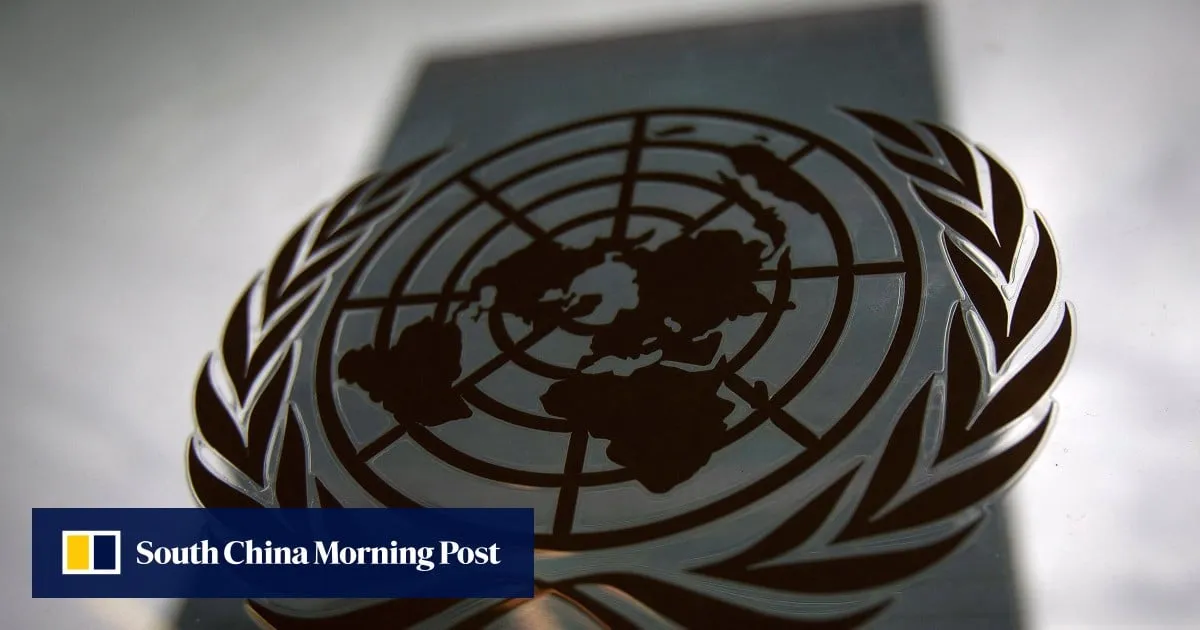UN Challenges: Egypt and Ethiopia Reject Joint Statement in BRICS Meeting

UN Challenges Faced by BRICS
The recent BRICS meeting held in New York concluded without a joint statement, marking a notable impasse for the international group. During this key gathering, Egypt and Ethiopia rejected the proposed document, emphasizing differing views over representation on the UN Security Council.
Key Points of Discussion
- The absence of a consensus among BRICS nations reflected a significant diplomatic hurdle.
- Egypt and Ethiopia's refusal to back the statement showcased regional tensions over African representation on the UN's highest body.
- Brazilian Foreign Minister Mauro Vieira explained that the conditions set during the group's expansion discussions remain pivotal.
Future Implications for BRICS
The rejection from Egypt and Ethiopia signifies potential difficulties as BRICS plans to expand further. With new nations like Turkey applying for membership, navigating these diplomatic relations will be crucial.
Concerns regarding further conflicts or disagreements among BRICS members now loom large, particularly with the leaders' summit approaching next month. The intricate dynamics of UN governance will undoubtedly influence future discussions.
This article was prepared using information from open sources in accordance with the principles of Ethical Policy. The editorial team is not responsible for absolute accuracy, as it relies on data from the sources referenced.